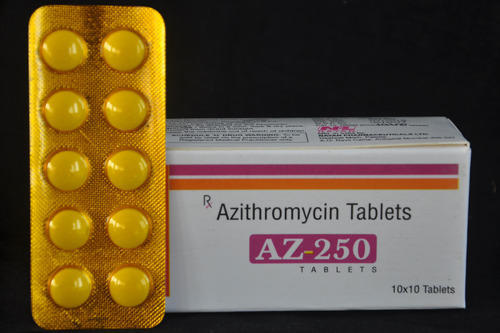az3
Introduction to az3
Az3 is a widely used antibiotic known for its effectiveness in treating a variety of bacterial infections. It contains Azithromycin as its active ingredient, which is a macrolide antibiotic. Az3 is available in multiple forms, including tablets, capsules, and syrup, making it versatile for different patient needs and preferences. This medicine is commonly prescribed to treat respiratory infections, skin infections, ear infections, and sexually transmitted diseases. The availability of az3 in different forms ensures that it can be administered to patients of various ages and conditions, providing a convenient and effective solution for bacterial infections.
Composition of az3
The primary active ingredient in az3 is Azithromycin, which is present in a 500mg dosage for the tablet and capsule forms. Azithromycin belongs to the macrolide class of antibiotics and works by inhibiting bacterial protein synthesis, thereby stopping bacterial growth and reproduction. This action makes it effective against a wide range of bacteria, allowing it to treat various infections. The syrup form is typically formulated for pediatric use or for those who have difficulty swallowing pills, providing a suitable concentration of Azithromycin for these patients.
Uses for az3
- Treatment of respiratory tract infections such as bronchitis and pneumonia.
- Effective against ear infections like otitis media.
- Used to treat skin infections including cellulitis and impetigo.
- Prescribed for sexually transmitted infections such as chlamydia.
- Can be used in the treatment of certain gastrointestinal infections.
Side Effects of az3
- Nausea and vomiting
- Diarrhea
- Abdominal pain
- Headache
- Dizziness
- Allergic reactions such as rash or itching
- Potential for liver enzyme elevation
Precautions of az3
Before using az3, it is important to inform your healthcare provider about any allergies you may have, especially to antibiotics. Patients with liver or kidney issues should use this medication with caution. It is crucial to complete the full course of az3 as prescribed, even if symptoms improve earlier, to prevent the development of antibiotic-resistant bacteria. Pregnant or breastfeeding women should consult their doctor before taking az3. Avoid taking antacids containing aluminum or magnesium within two hours before or after taking az3, as they can reduce its effectiveness.
Conclusion
Az3, containing Azithromycin, is a versatile and effective antibiotic used to treat a wide range of bacterial infections. Available in tablets, capsules, and syrup, it caters to different patient needs and preferences. While generally safe and well-tolerated, it is important to be aware of its side effects and necessary precautions. Always follow your healthcare provider's instructions when using az3 to ensure its maximum efficacy and safety. By doing so, az3 can be a reliable ally in combating bacterial infections.

Similar Medicines
More medicines by Albert David Ltd
Available in 7 variations

AZ 1 250mg Capsule
strip of 6 capsules

bottle of 15 ml Oral Suspension

AZ3 250mg Tablet
strip of 6 tablets

strip of 10 tablets

AZ3 200MG/5ML ORAL LIQUID
bottle of 15 ml Oral Liquid

AZ3 500 Tablet
strip of 3 tablets

strip of 6 tablets













.svg)
